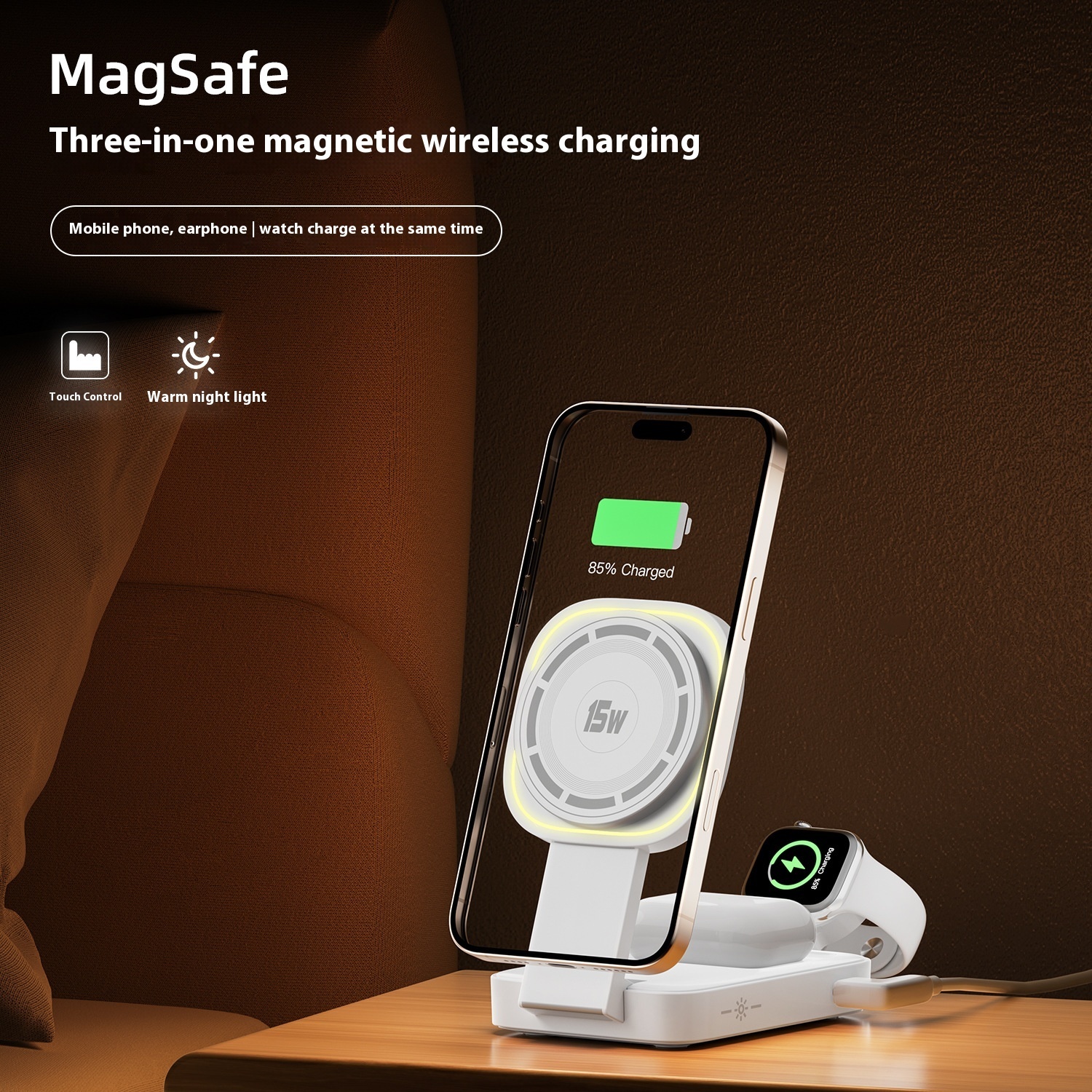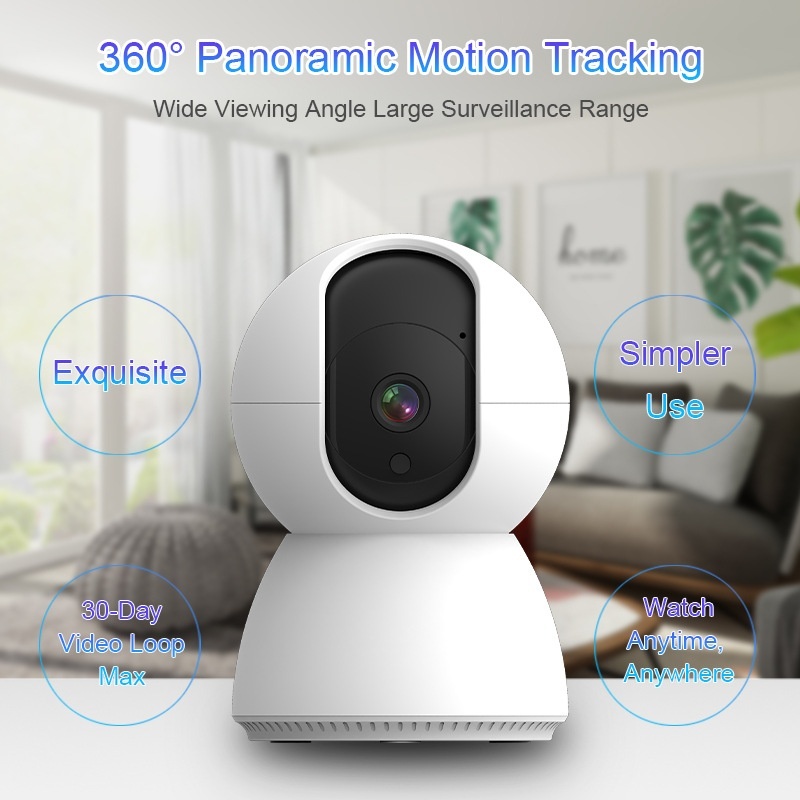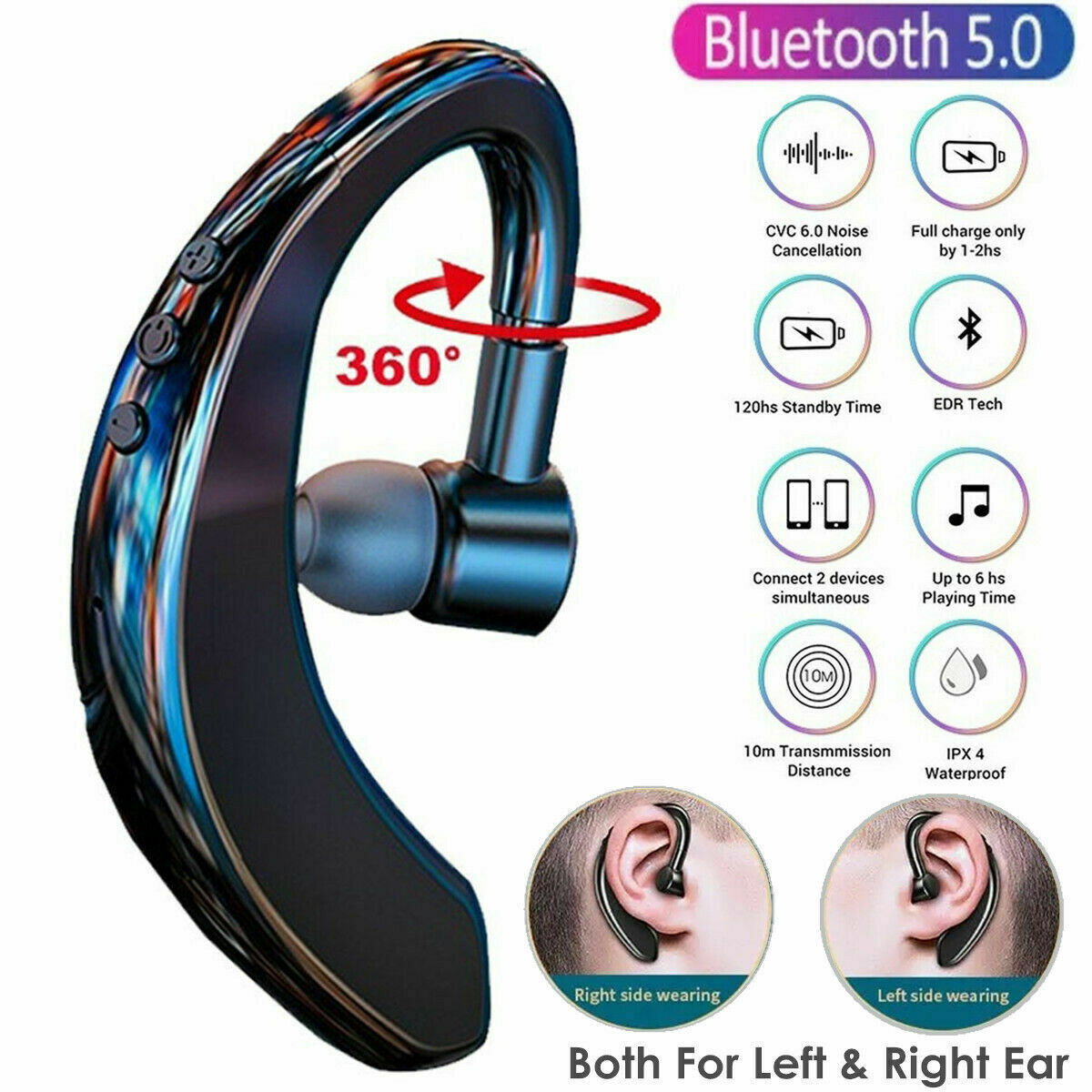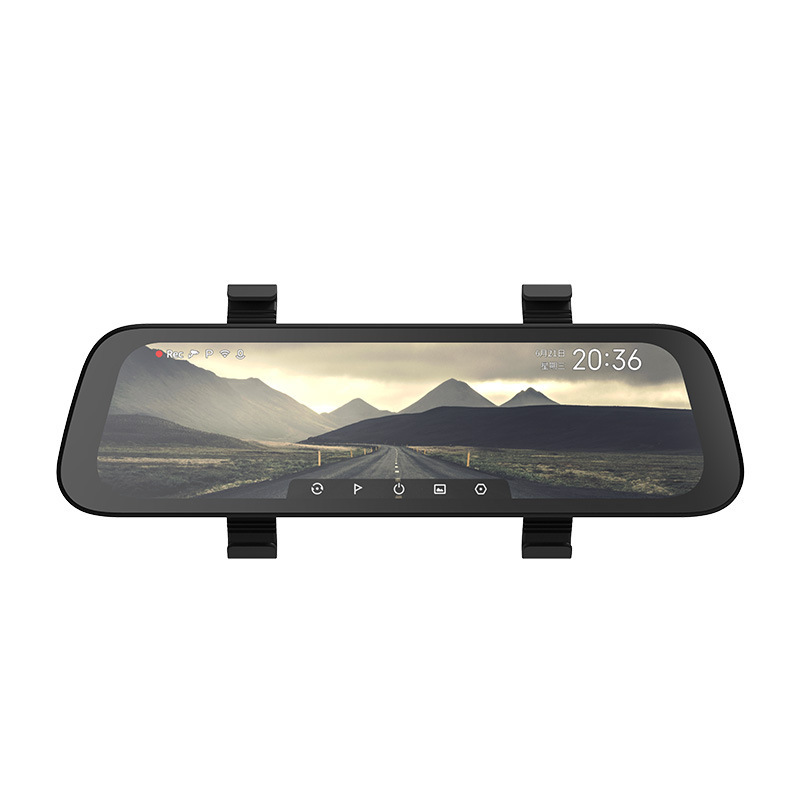
Track Your Health with the Best Fitness Trackers: Stay on Top of Your Wellness Goals
In the modern world, maintaining a healthy lifestyle has become a priority for many individuals. From eating the right foods to exercising regularly, tracking your fitness progress plays a crucial role in ensuring that you stay on top of your health goals. One of the best ways to track your fitness is by using a best fitness trackers.
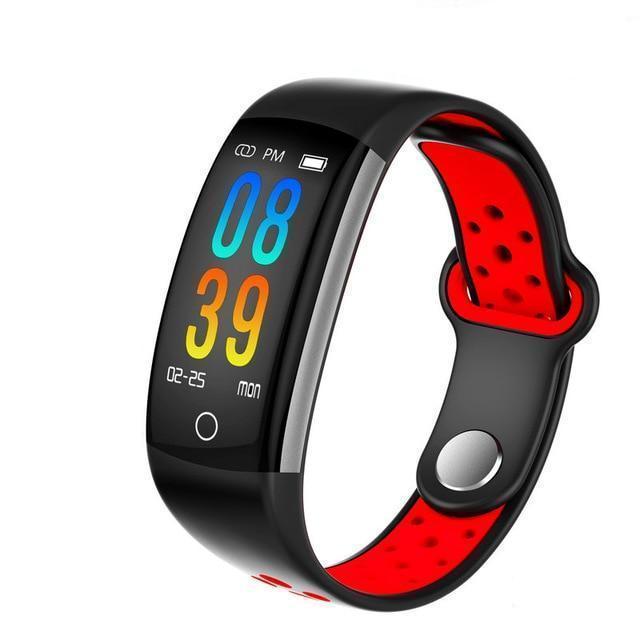
These wearable devices provide real-time feedback on various health metrics, helping users monitor their physical activity, heart rate, sleep patterns, and more.
Why Use a Fitness Tracker?
Fitness trackers are designed to help you monitor key aspects of your health and fitness, giving you insights into your daily activities, exercise routines, and overall well-being. Here are some reasons why using a fitness tracker can be beneficial:
1. Motivation to Stay Active
One of the biggest challenges when it comes to fitness is maintaining consistency. A fitness tracker can serve as a daily reminder to move, encouraging you to meet step goals, take regular walks, or engage in physical activities. Many trackers also offer rewards, challenges, or friendly competition with friends, which can further boost motivation.
2. Real-Time Feedback
Fitness trackers provide real-time data about your physical activity. Whether you’re walking, running, cycling, or doing yoga, a fitness tracker can measure your steps, distance, calories burned, and other important metrics. This allows you to make adjustments to your routine and track improvements over time.
3. Health Monitoring
Fitness trackers can measure a wide range of health metrics, including heart rate, sleep quality, blood oxygen levels, and even stress levels. By continuously monitoring these indicators, you can gain a better understanding of your body and identify any potential health issues early on.
4. Goal Setting and Tracking
Fitness trackers allow you to set specific goals, such as hitting a certain number of steps per day, burning a set number of calories, or improving your sleep quality. The tracker keeps you accountable by providing daily, weekly, and monthly progress reports, helping you stay focused on your goals.
5. Sleep Tracking
Getting quality sleep is essential for good health, and many fitness trackers come with sleep-tracking features that monitor the duration and quality of your sleep. By analyzing your sleep patterns, you can identify factors that affect your rest, such as stress or poor sleep habits, and make necessary improvements.
Key Features to Look for in a Fitness Tracker
When shopping for a fitness tracker, there are several features to consider, as different trackers cater to various needs and preferences. Here are some of the most important features to look for:
1. Accuracy
Accuracy is one of the most important factors when choosing a fitness tracker. The device should accurately track your steps, heart rate, calories burned, and other key metrics. Read reviews and check for certifications or industry standards to ensure that the tracker’s data is reliable.
2. Battery Life
Battery life is crucial, especially if you plan on wearing your tracker every day. Some fitness trackers can last for several days on a single charge, while others may need to be charged daily. Consider your lifestyle and choose a tracker with battery life that fits your needs.
3. Display and Interface
A good display is essential for quickly checking your progress throughout the day. Look for a fitness tracker with an easy-to-read screen, especially if you plan on using it outdoors or in low-light conditions. Touchscreen interfaces are common, but some trackers may have physical buttons for easier navigation.
4. Heart Rate Monitoring
Heart rate tracking is a popular feature found in most modern fitness trackers. Monitoring your heart rate during exercise can help you understand your fitness level and improve your workouts. Some trackers also offer continuous heart rate monitoring throughout the day, providing insights into your overall cardiovascular health.
5. Waterproofing
If you’re someone who enjoys swimming or participating in water sports, consider purchasing a waterproof fitness tracker. Many fitness trackers are water-resistant, but only some are fully waterproof and can withstand submersion in water.
6. Compatibility
Make sure that the fitness tracker is compatible with your smartphone and other devices. Most trackers sync with popular health apps on both Android and iOS devices. This allows you to view and analyze your health data in more detail and share it with healthcare professionals if needed.
7. Additional Features
Some fitness trackers come with extra features such as GPS tracking, music storage, smart notifications (calls, texts, emails), and guided workouts. Consider what features matter most to you and choose a tracker that aligns with your fitness and lifestyle goals.
Best Fitness Trackers for Health Monitoring
Now that you know what to look for, let’s explore some of the best fitness trackers on the market today:
1. Fitbit Charge 5
Fitbit is one of the most recognized brands in the fitness tracker industry, and the Charge 5 is one of their top models. It offers a built-in GPS, heart rate tracking, sleep tracking, and daily stress management features. The bright color display is easy to read, and the battery life lasts up to 7 days. The Charge 5 is perfect for those who want a well-rounded tracker for overall health and fitness.
2. Garmin Vivo smart 5
Garmin is known for producing high-quality fitness trackers that are perfect for outdoor activities. The Vivo smart 5 is an excellent option for those who want a compact and lightweight tracker. It includes heart rate monitoring, sleep tracking, and a stress tracker. The Vivo smart 5 is also waterproof, making it great for swimmers.
3. Apple Watch Series 8
The Apple Watch Series 8 is more than just a fitness tracker—it’s a smartwatch with a wide range of features. It provides heart rate monitoring, sleep tracking, ECG, blood oxygen monitoring, and more. The Apple Watch is ideal for those who want a tracker that also integrates seamlessly with their iPhone and provides smart features like notifications and apps.
4. WHOOP Strap 4.0
The WHOOP Strap 4.0 is a unique fitness tracker that focuses on recovery and performance. It provides detailed insights into your sleep, heart rate variability, and strain levels, allowing you to optimize your workouts and recovery. WHOOP offers a subscription-based service, making it ideal for serious athletes who want in-depth data.
5. Xiaomi Mi Band 7
For those on a budget, the Xiaomi Mi Band 7 is an excellent choice. Despite its affordable price, this tracker offers heart rate monitoring, sleep tracking, and up to 14 days of battery life. It’s a great entry-level fitness tracker for those who want the basic features without breaking the bank.
Conclusion
Fitness trackers have become an indispensable tool for health-conscious individuals looking to monitor their physical activity and well-being. With features like heart rate tracking, sleep monitoring, and step counting, these devices offer valuable insights into your overall health. Whether you’re an athlete seeking to optimize your performance or someone looking to stay active and healthy, a fitness tracker can help you stay on track with your goals. By understanding the different types of trackers available and their key features, you can make an informed decision and choose the one that best suits your needs.
FAQs
1. Can I wear a fitness tracker 24/7?
Yes, most fitness trackers are designed to be worn all day, including during sleep. Many trackers even have sleep-tracking features to monitor the quality of your rest.
2. Do fitness trackers work for all types of exercise?
Yes, fitness trackers can track a variety of exercises, including running, walking, cycling, swimming, and yoga. Some models offer automatic exercise detection, while others require manual input.
3. Are fitness trackers waterproof?
Many fitness trackers are water-resistant, but only some are fully waterproof. Check the specifications to ensure that the tracker is designed to withstand water exposure, especially if you plan on swimming or exercising in the rain.
4. How accurate are fitness trackers?
Fitness trackers are generally accurate for most users, but their accuracy can vary based on the brand and the specific metric being measured. For example, heart rate tracking may be more accurate on certain models, while step tracking might be slightly off on others.
5. How long do fitness trackers last?
The lifespan of a fitness tracker depends on the model and how well you care for it. On average, a fitness tracker can last anywhere from 1 to 3 years before it needs to be replaced, especially if it is worn daily.

